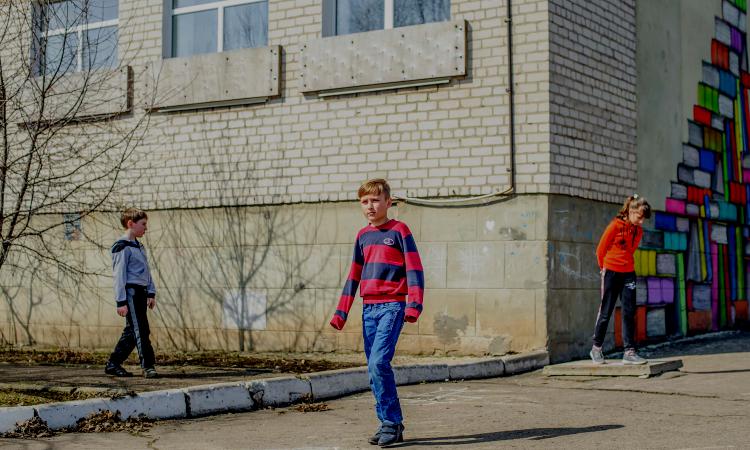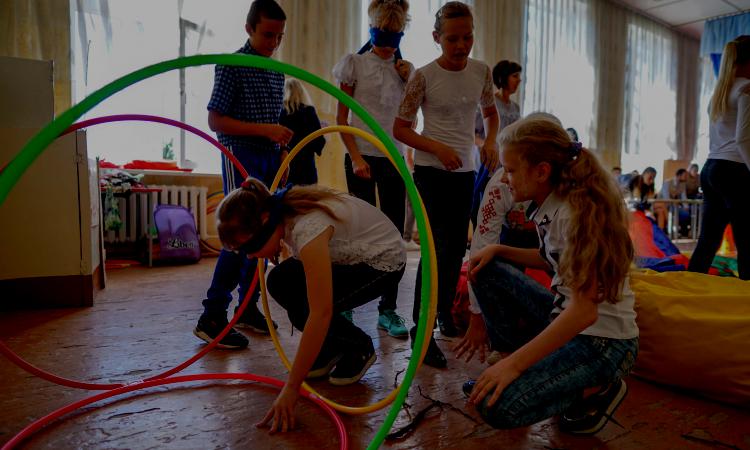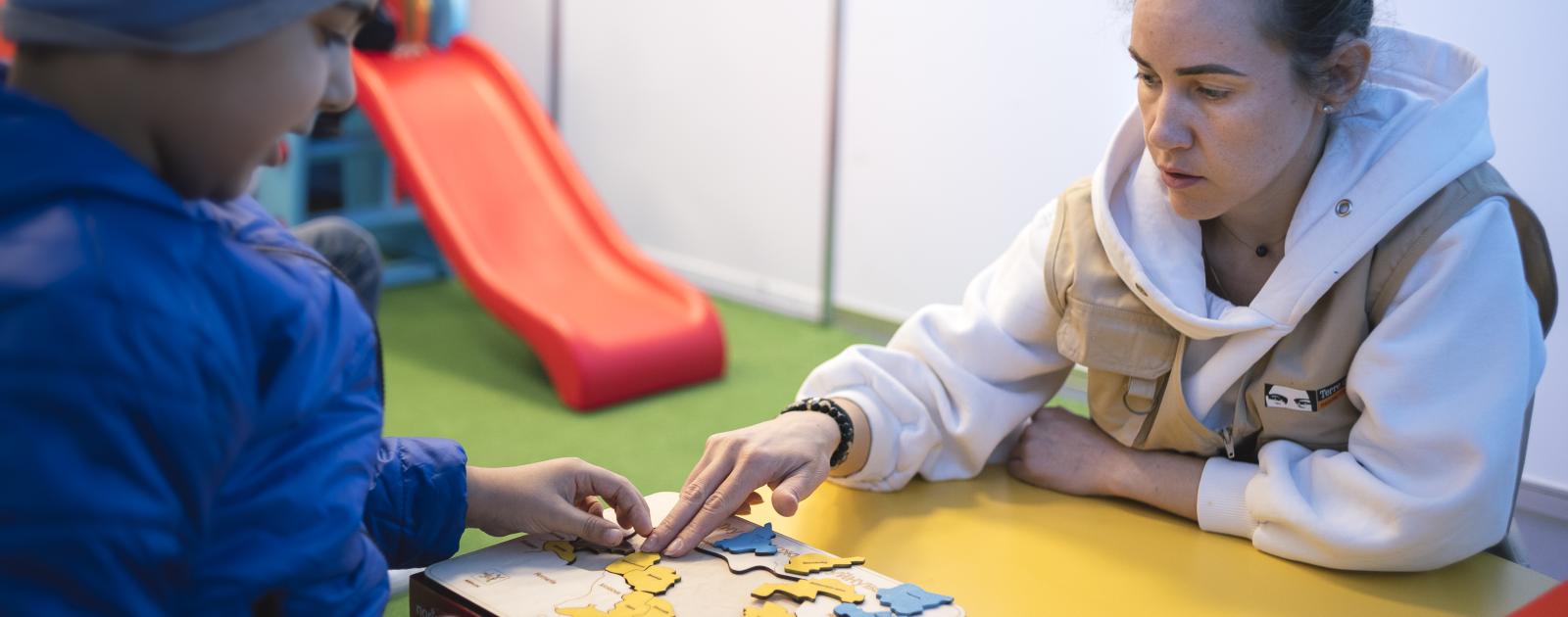
February 24 is the second anniversary of the full-scale war. Two years of pain, fear and uncertainty. The war has become a real challenge for millions of Ukrainians - lost homes, broken lives and uncertainty about the future. Everyone in Ukraine faced challenges that had to be overcome. Our team was not spared.
"There are some people who are set in their ways. It doesn't matter what happens around them. They will still adapt and will live, do, move on. I am one of them. So, yes, there is a war. Yes, it's scary. Yes, it is not clear what will happen tomorrow. The only thing that is clear is that we need to move forward," Yana Smelyanska, Project Manager at Tdh.
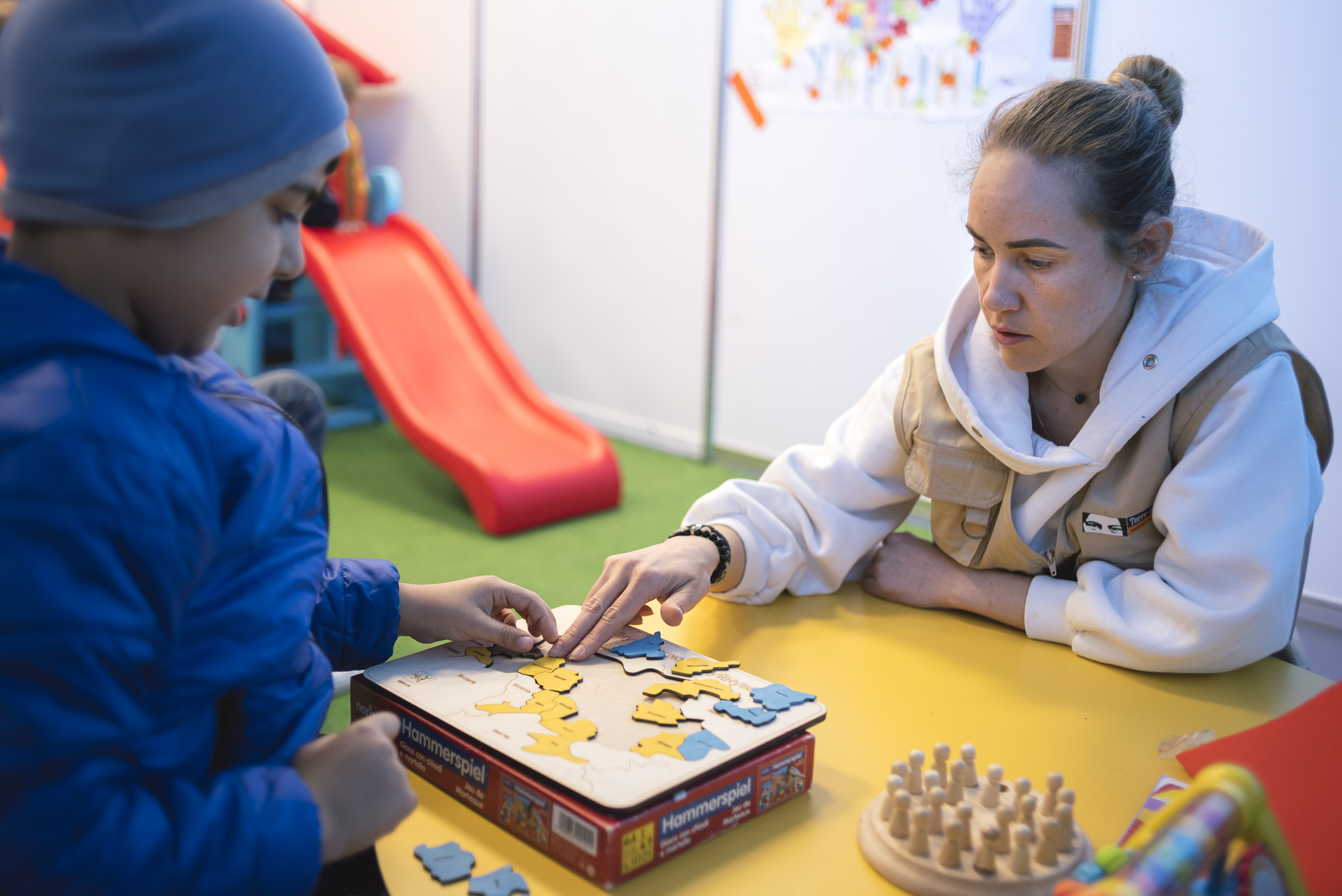
Many changes have taken place in Tdh's work, as new realities require new solutions: "With the beginning of the full-scale war, we lost all our partners in the East, and now we have resumed cooperation with some of them. It was difficult to start from scratch because we were not known in Ivano-Frankivsk region, so we started everything from the beginning - getting to know each other, launching new projects," says Anton Biliuk, Project Manager at Tdh. This helped not only to increase the range of services but also to expand the activities of our team in most regions of Ukraine, - "The changes are enormous, because until the beginning of 2022 we worked for development, all our projects were aimed at supporting youth, children, developing their abilities and creativity. And over these two years, the vector has changed in a completely different direction. We started providing humanitarian aid, arranging places of compact residence, and conducting psychosocial classes. And we continue to develop further."
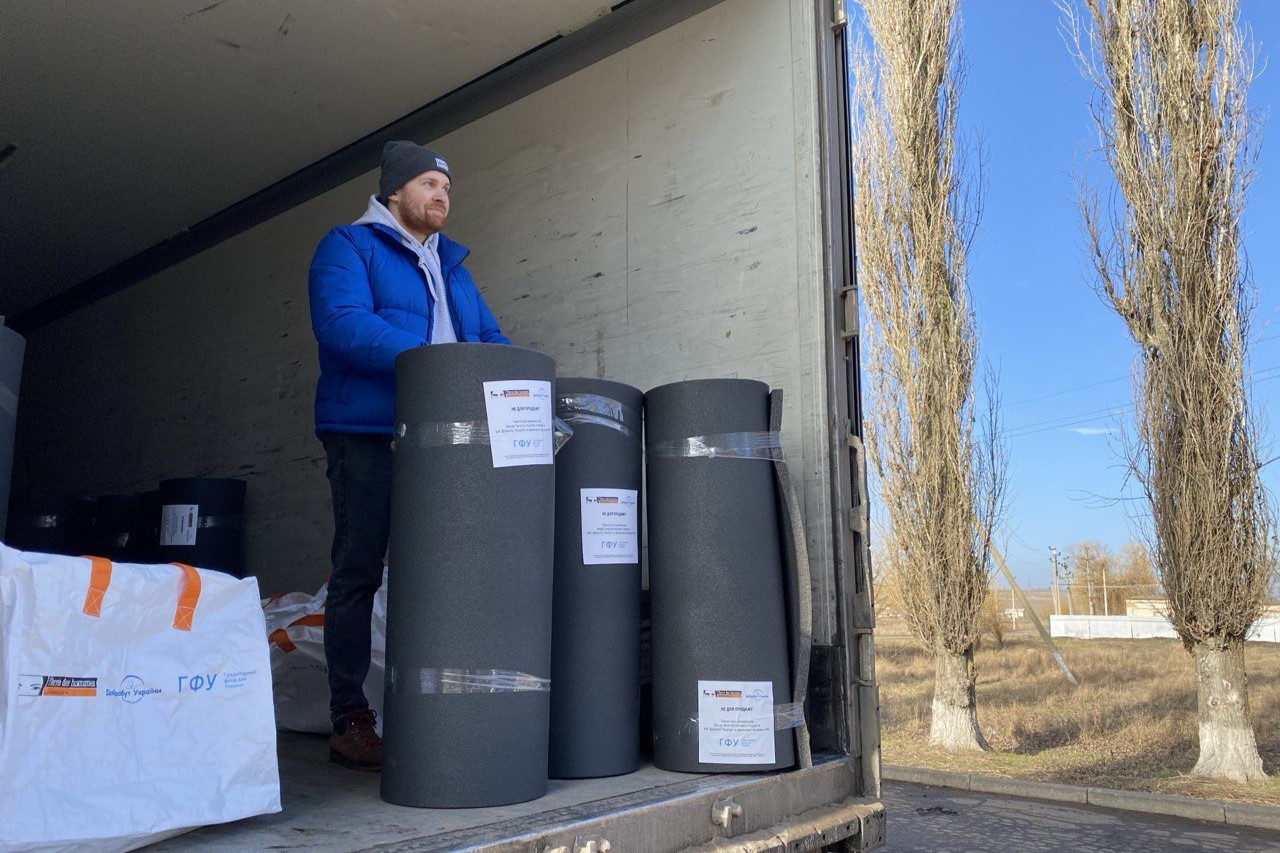
The ongoing crisis is taking a heavy toll, especially on children. Not only are they exposed to physical danger from the ongoing shelling across the country, but many of them have lost parents and guardians to the war. This puts an additional strain on their psychological state.
Psychosocial support is one of the main areas of Terre des hommes in Ukraine. "Since the beginning of the full-scale war and up to now, this area remains one of the most demanded," says Olena Efymenko, Mental Health and Psychosocial Support Manager at Tdh, "Children who have had experience in war conditions are much more likely than their peers without such experience to suffer from mental disorders, which can manifest as voluntary social isolation, unwillingness to talk, etc."
In the conditions of war, children may have behavioral disorders, including aggressive, antisocial behavior, and a tendency to violence: "It is important to remember that all of this is a 'normal reaction to abnormal events. The child's psyche builds up a defense, helps to adapt to the experience of war. "Children still have an increased level of anxiety, have difficulty adapting to new living or learning conditions." However, it is not only children who need help, Olena adds, "Adult participants in psychosocial activities (trainings on Movement, Games, Sports and Creativity, First Aid, Positive Parenting sessions) need to strengthen their self-regulation and stress resistance skills."
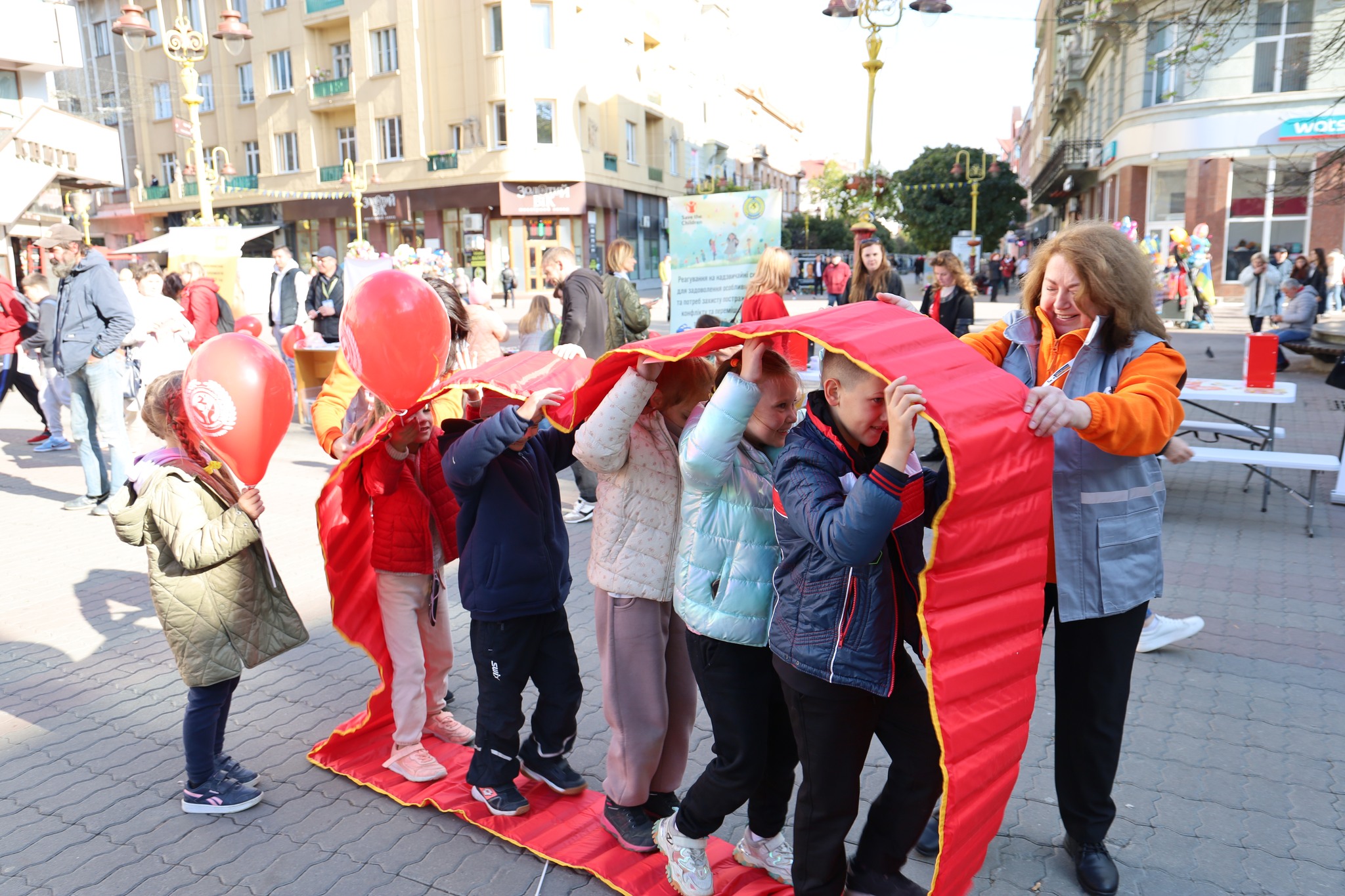
Helping others is one of the main reasons for our colleagues to work in such a difficult time. "The hostilities have led to an increase in the number of people in need of support and their needs. Tdh is engaged in a variety of activities: meeting basic needs, case management of families with children, support for IDPs' compact residence, arrangement of educational and child-friendly spaces, and work of mobile teams conducting psychosocial sessions. Support for all these areas is still relevant for communities. Communicating with people, we receive positive feedback - gratitude. It is especially gratifying to receive feedback from the children our specialists work with, because children are currently the most vulnerable," says Alina Ivanova, Project Manager at Tdh.
Despite all the difficulties of working in war conditions, in cities near the contact line or far from it, the result of the work done gives strength for new achievements - "We start working with children, with parents, and after a while, during one of our classes, the mother of a boy who stopped talking because of the stress he experienced during the occupation comes up and says: "Thank you! Sasha started talking and smiling again!" And at that moment you realize that this is happiness. That your work and all those efforts were not in vain and at least one child (actually, not one, but many) became happier! It's cool! I'm proud of my work, my team!" - Yana Smelyanska.
During these two years of full-scale war, the Tdh team in Ukraine has created and equipped more than 200 child-friendly spaces and 30 learning spaces in 12 regions of Ukraine, where more than 50,000 children have received psychosocial support. These spaces allow children to play, learn, and regain a sense of normalcy despite traumatic circumstances. In addition, 800 professionals were trained in the Movement, Games, Sports and Creativity methodology, 6,000 people were supported through case management, and 3,400 families received support in the form of winterization kits.
Tdh has an extensive network of partnerships with Ukrainian non-governmental organizations, government, educational institutions and authorities. In this context, we train professionals to ensure the long-term effectiveness of our activities. By strengthening local institutions and working with local organizations, we can achieve greater impact and reach more people.
